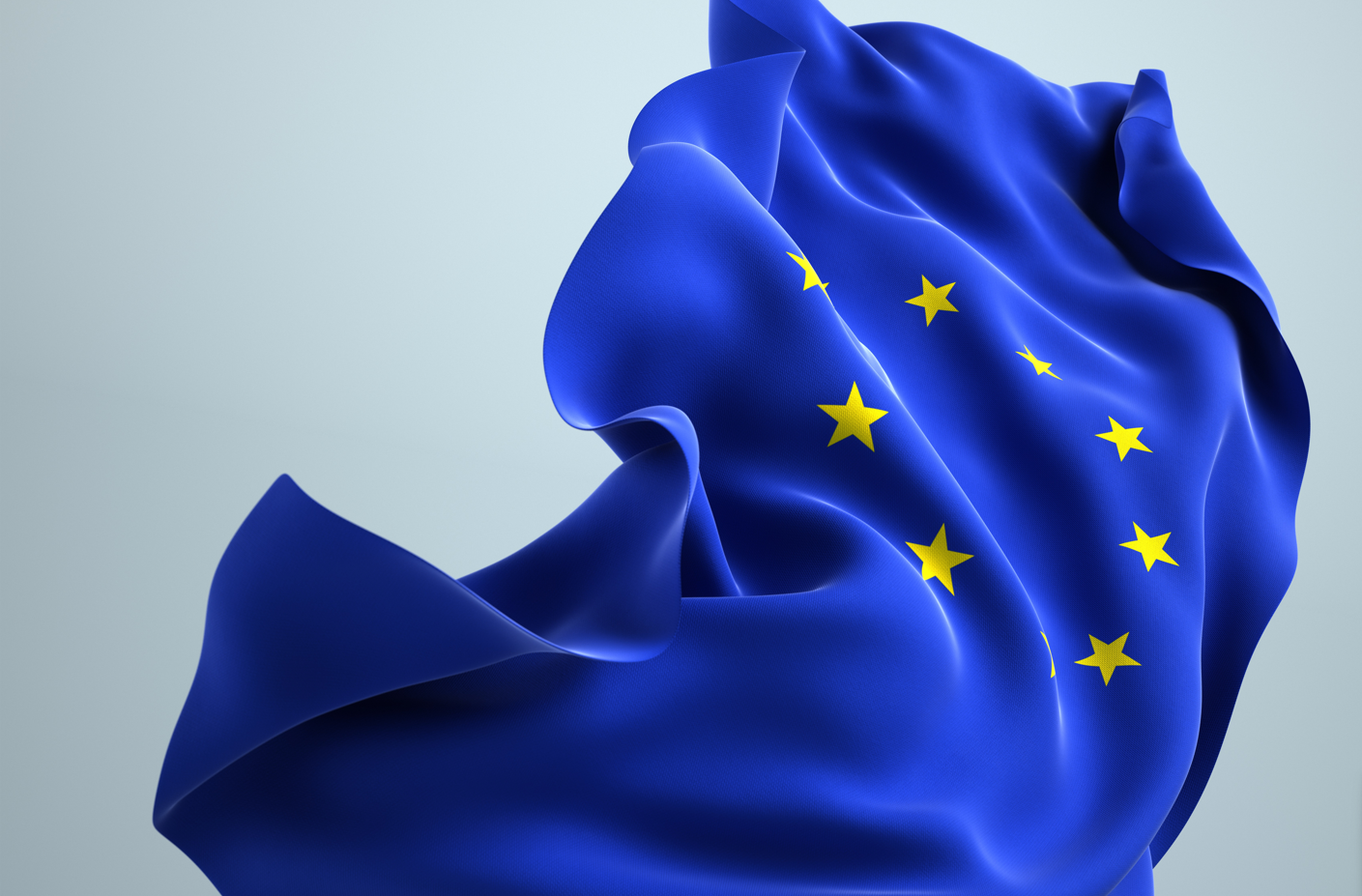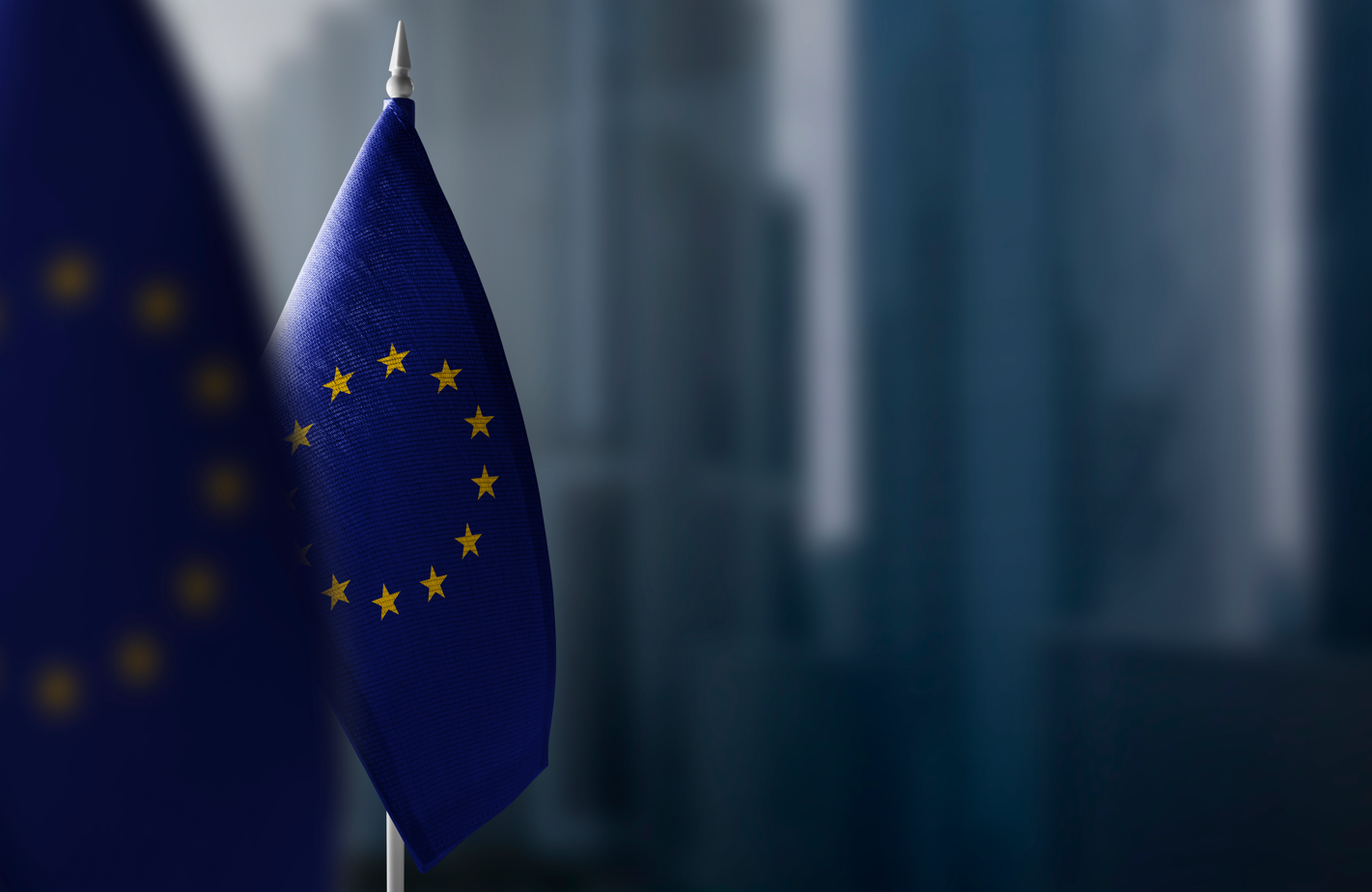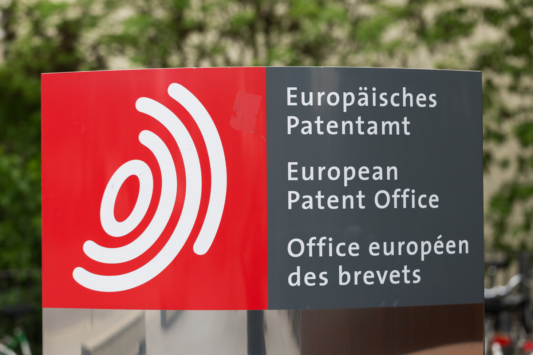What Are SPCs?
Supplementary Protection Certificates (SPCs) are national intellectual property titles granted by the patent offices of the EU Member States, that aim at protecting pharmaceutical and plant products in European countries, after the expiry of the basis European patent.
In contrast to jurisdictions such as the United States or Japan, where patent terms can be extended through a patent term extension procedure, SPCs in Europe are distinct national rights that are based on — but legally independent from — the basic patent. They are granted following a separate examination conducted by the national patent offices, in accordance with the relevant EU regulations (in particular Regulations (EC) No 469/2009 and No 1610/96).

SPCs can be based on Unitary Patents
Since mid-2023, it has become possible to obtain national SPCs based on European patents with unitary effect (UPs). However, this development has not altered the examination and grant procedures, which remain entirely carried out by the respective national patent offices.
Competent jurisdiction for litigations involving SPCs
The launch of the Unified Patent Court (UPC) has nevertheless had an impact on litigation involving SPCs. The competent jurisdiction now depends on the nature of the basic patent underlying the SPC:
- Nullity actions against SPCs based on opted-out European patents or national patents remain under the exclusive competence of national courts.
- For SPCs based on a European Patent with unitary effect, the UPC has exclusive jurisdiction, and direct revocation actions must be brought before the Paris Central Division.
- Infringement actions involving SPCs based on European Patents with unitary effect must be filed before the local or regional division of the Member State where the defendant is domiciled or where the alleged infringement occurred.
UPC judges generally favor handling such cases locally, including counterclaims for revocation, although in certain circumstances the local division may refer the case to the Central Division.
Towards a Unitary SPC System in Europe ?
Two major reforms are currently being discussed by EU institutions to make the SPC system more efficient and harmonized, particularly for medicinal products authorized under the European Medicines Agency’s (EMA) centralized procedure:
The first proposal aims to establish a centralized examination and grant procedure for SPCs, intended to reduce administrative costs and eliminate interpretative discrepancies between Member States.
The second introduces the concept of a unitary SPC, which would be automatically valid across all Member States participating in the Unified Patent Court Agreement (UPCA), thereby simplifying protection and enforcement.
Adopted by the European Parliament in February 2024, these proposals are now under consideration by the Council of the European Union, where discussions continue on several sensitive aspects — notably the designation of the authority responsible for the centralised procedure.
Industry Perspectives

The innovative pharmaceutical industry is globally supportive of the concept of a unitary SPC, but is awaiting further clarification regarding its implementation and practical implications.
The ultimate success of the reform will depend on the ability of the European institutions to strike an appropriate balance between the interests of innovators and those of generic manufacturers.
Conclusion
The SPC landscape in Europe is undergoing a decisive phase of transformation. While the Unified Patent Court (UPC) has already reshaped the jurisdictional framework, the upcoming reforms are expected to further modernise and streamline the system of protection for pharmaceutical and plant protection products.
The patent attorneys at Santarelli are closely monitoring these developments and remain available to provide guidance and strategic advice on SPC filing and litigation before the UPC.
Octobre 2025



